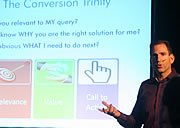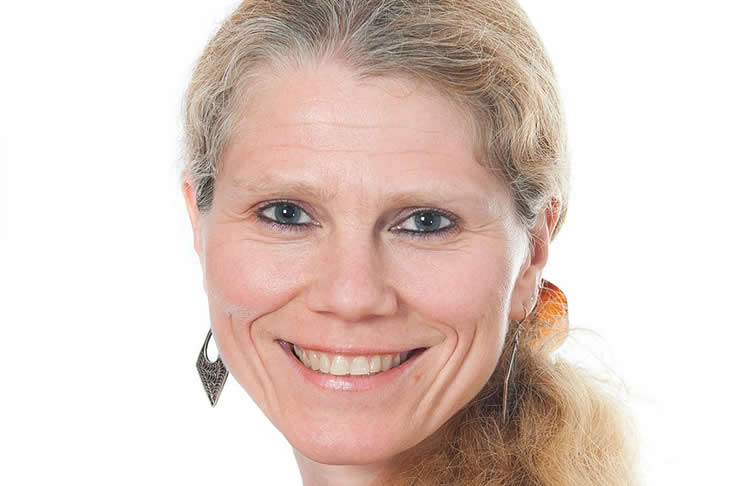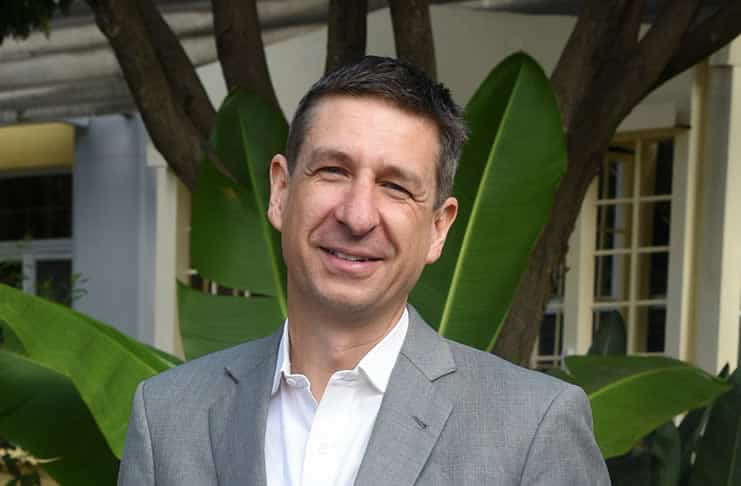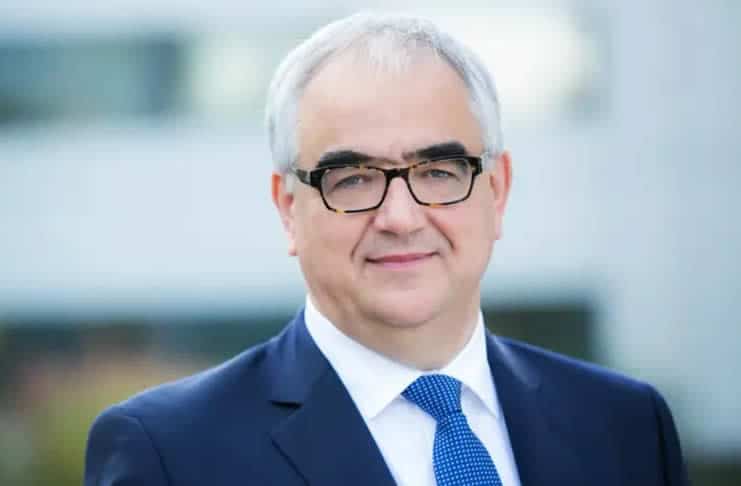
At the latest Fusion Marketing Experience conference, Bryan Eisenberg gave a hands-on workshop the second day on optimizing PPC (Pay Per Click) ads. Most examples concerned Google but what @thegrok explained is valid for PPC ads on, for instance, Facebook, as well.
Furthermore, the lessons he shared were meant to improve digital marketing in general and get attendees in a mindset of improvement and optimization.
Bryan Eisenberg started by pointing out that PPC is not easy, even if it used to be. The perception that it is easy probably explains partially why so many of us fail at it.
In PPC, you get what you put in. To do it well, Bryan said, you have to work on it every single week. So it requires a continuous effort, just as marketing optimization does. But then again, why put money in building traffic if it results in close to zero?
Understanding what people want to become relevant (again)
What does it take to improve your PPC ads? A lot, even things many of us forget such as the intent and psychology of the searcher, just like in search engine optimization. We look at the messages we want to put in the ads and the keywords but certainly not enough at the people who ultimately decide whether they will work or not.
The untapped potential of optimizing PPC ads is huge and tiny details can make amazing differences. Again, it’s the same in marketing optimization in general.
In the beginning of the workshop, Bryan said that in (online) marketing, it’s all about relevance.
Relevance is in the eye of the beholder and thus requires a thorough understanding of the people who, for instance, use search engines. An example: do you look at them as personas and make sure you understand the intent and psychology of each one? Yes, that’s how far it stretches. If it’s not relevant for the people, you try to attract and persuade, it doesn’t work. Simple.
Reversing the PPC and marketing process
In PPC, we often tend to focus on keywords first. Bryan advises to reverse that process: first, you create relevant landing pages, next you create ads people will want to click upon to get to that page, and only then you start worrying about keywords.
Setting up goals, testing and continuously tweaking is key. However, many businesses don’t check their PPC ads, several don’t track conversions and many don’t even have clear goals. So, they are basically throwing away money. The same goes for testing websites and other ‘channels,’ resulting in ineffective conversion paths.
Bryan emphasized the role of people and their search goals when explaining the essence of the search process. That’s where many of his PPC optimization tips start.
It’s again proof how important it is to look from the perspective of the ‘other’: the – prospective – customer and another call to reverse not only the PPC process (starting with the landing pages) but the marketing process as a whole. Indeed, customer first.






